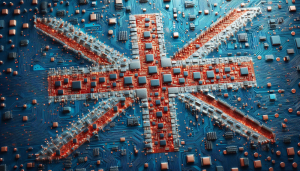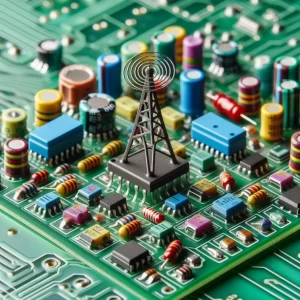Ever considered the benefits of working with a UK manufacturer,...
Read MoreWhy Polyimide is a Suitable Substrate to Use in PCB Manufacture.

Polyimide is a high-performance plastic material that is well-suited for use as a substrate in PCB manufacture. It offers a number of advantages over other materials, including:
- Excellent thermal stability: Polyimide can withstand a wide range of temperatures, from -269°C to 400°C, making it ideal for use in high-temperature applications.
- Chemical resistance: Polyimide is highly resistant to chemicals and solvents, making it a good choice for use in harsh environments.
- Flexibility: Polyimide is a flexible material that can be bent and flexed without damage. This makes it ideal for use in flexible and flexi-rigid PCBs.
- Aerospace and defence: Polyimide PCBs are used in a variety of aerospace and defence applications, such as aircraft, spacecraft, and missiles.
- Automotive: Polyimide PCBs are used in a variety of automotive applications, such as engine control units, anti-lock braking systems, and airbags.
- Medical devices: Polyimide PCBs are used in a variety of medical devices, such as pacemakers, defibrillators, and MRI machines.
- Telecommunications: Polyimide PCBs are used in a variety of telecommunications equipment, such as base stations, routers, and switches.
Other PCB news blogs you might be interested in...
Ventec: A High-Performance Portfolio of PCB Substrates
Ventec International Group is a prominent global supplier of advanced...
Read More

